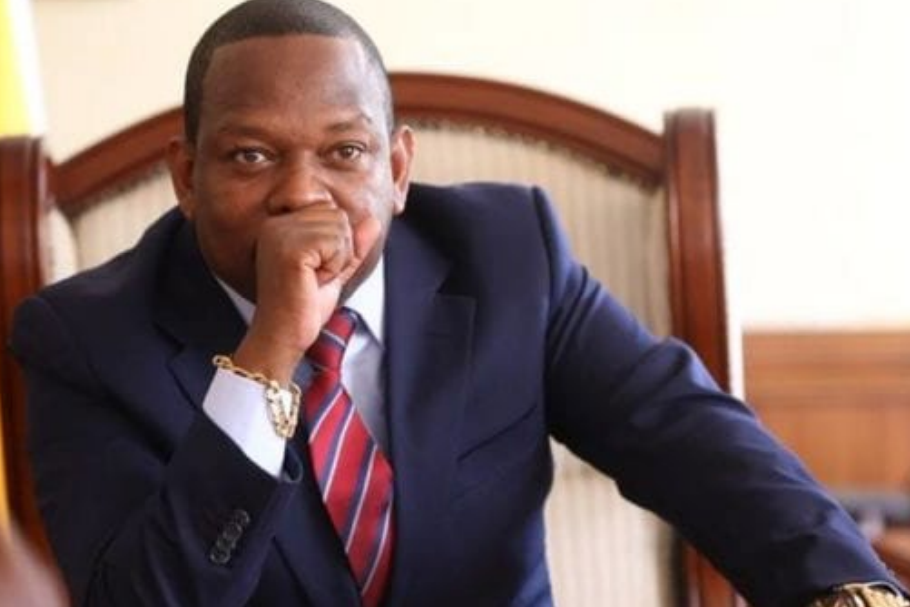Uhuru’s war on corruption: Admitting being soft and appearance with Sonko point at watered down efforts

One of President Uhuru Kenyatta’s targets, as he sought to establish his legacy after 10 years in charge, was to enhance the war on corruption.
This week, about three weeks to the election, he appeared to make several steps back in that effort.
First was the admission that he had been soft on corruption suspects, with the assertion that Martha Karua would not hesitate to do so if elected.
The admission gave the Kenya Kwanza coalition a soft spot to criticise him, with Rigathi Gachagua alleging that the President failed to act on corruption because his relatives were involved.
While there are legal boundaries between the Executive and the Judiciary, the President’s interest in a matter usually influences action by agencies.
The failure to repair relations between the prosecution and the investigation offices, whose collaboration to bring suspects to book is crucial, is seen as a key point given the President’s hand in appointing the Director of Public Prosecutions and the head of the Directorate of Criminal Investigations.
Second was the appearance alongside the impeached Mike Sonko, who departed the helm of Nairobi County under a cloud of corruption. Sonko would subsequently be banned from the United States by its government on the basis that he had been deeply involved in corruption-related crimes in his time in charge of the city.
The former governor was, before his impeachment, a close ally of the President, and it is understood that he was made to hand over to the Nairobi Metropolitan Services as his ineptness and corruption was fast becoming a danger to the stability of the country’s economic and political capital.
That Sonko would subsequently be cleared by the courts to run in Kenya’s second biggest city has fed the perception that his renewed association with the leadership had something to do with it.
Sonko has presented the Azimio coalition with a self-inflicted and significant headache.
He is popular in Mombasa, with opinion polls showing that he was behind ODM’s candidate Abdulswamad Nassir before the clearance by the High Court to contest.
For Raila Odinga, the headache has become that in addition to campaigning for himself, he has to ask voters at the Coast to back the ODM candidate, which in turn creates tension within his coalition.
Political observers see the revival of Sonko and his endorsement by some in Azimio as a self-inflicted problem that would be made worse by Mombasa voters choosing to side with a corruption suspect.

